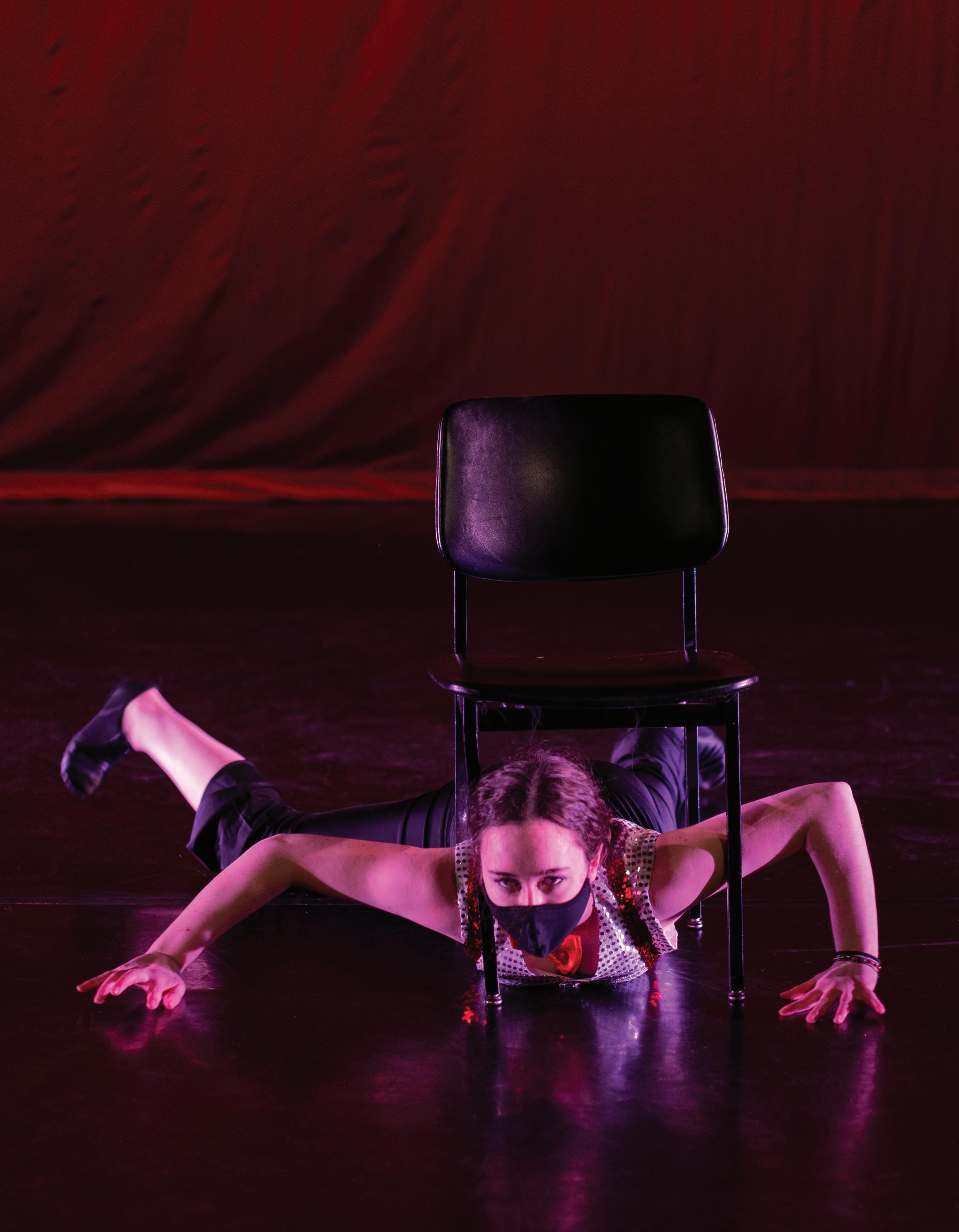
3 minute read
Robotics
Past, Present, and Future
bout ten years ago, science teacher
Advertisement
Karen Bruker
started a robotics team at CSW. Since then, the school’s team has consistently been composed of highly motivated and resilient students with a shared passion and enthusiasm for the pursuit obvious to anyone who’s ever sat in on one of their practices or cheered them on at a competition. The program itself, however, has been through a number of iterations, with time, resources, and evolving interests dictating the structure and model the team adheres to.
The team got its start by participating in the “FIRST Tech Challenge (FTC),” and soon thereafter, transitioned to the “FIRST Robotics Competition (FRC),” a higher level of competition. Both competitions were run by FIRST Robotics, a program that hosts several levels of competition, in which high school teams are challenged to build robots that play difficult field games, all under a time limit and with strict rules. FRC is known to be more competitive than FTC, with larger more complex robots.
Between 2016 and 2018, when the school was participating in FRC, the program grew and gained popularity at CSW, but regular engagement with the FIRST organization proved expensive. Unable to absorb these costs, CSW made plans to transition to an entirely different robotics program led by VEX Robotics. VEX Robotics competitions are typically less complex than FRC, with emphasis on different goals.
While VEX proved suitable for some students, the school’s more serious robotics enthusiasts soon found themselves yearning to return to FRC. Determined to keep FRC going, these passionate students started up their own FRC team, independent of CSW, and during the 2019-20 school year, were able to partner with their parents to raise the funds necessary to bring the FRC program back to CSW. The takeaway was clear: hungry for greater challenge and complexity, CSW’s robotics team members highly preferred the FRC program to the VEX competition model. The question was how to fund participation in an equitable and fiscally sustainable way.
Understanding how important this issue was to students, parents, administrators, and math department faculty recently generated a proposal to fund robotics long term. In the proposal, the students themselves are asked to assist in generating funding by way of grant writing and the seeking out of sponsorships — skills that will now be taught as part of CSW’s robotics curriculum. Under this model, students studying robotics at CSW will learn both basic programming and engineering skills, while also gaining knowledge in grant writing, project management, public relations, and marketing, which they will then put into practice to sustain and support engagement with FRC.
Moving forward, CSW has committed to teaching a minimum of two A-B-C Block courses that focus on these skills each year. The school will also continue to support the robotics club by providing faculty advising and mentorship, in addition to a physical space and designated time where students will be able to work on building robots for competitions. There will also be space and time provided outside of school hours, with a designated coach to handle logistics for competitions.

Alex Cooney ’22, Ben Laster ’22, and Maya Rabin ’22 pose with their 2021 FIRST Robotics Game Design Challenge Imagery Award, which “celebrates attractiveness in visual aesthetic integration.” To earn this prize, the group designed an original game called “Decrypted Perplexion.”
One of the many wonderful surprises we have encountered as CSW parents is the Robotics Program. As a Robotics team member, our son Ben ’22 has blossomed and found his passion for engineering, teamwork, and problem-solving. As parents, we are just thrilled to see this community of students work together to learn mechanical, electrical, and software engineering, all in the pursuit of the perfect robot. The teamwork is powerful, and the results are amazing. CSW has done a wonderful job of blending support and self-direction, allowing these students to really find their passion and grit as they have formed a community. We know that the lessons Ben continues to learn from Robotics will serve him well regardless of his future passions and career.
DEBI AND STEPHEN LASTER P’22
Interested in supporting the CSW Robotics program? PLEASE CONTACT ERICA CABAG AT ECABAG@CSW.ORG.










